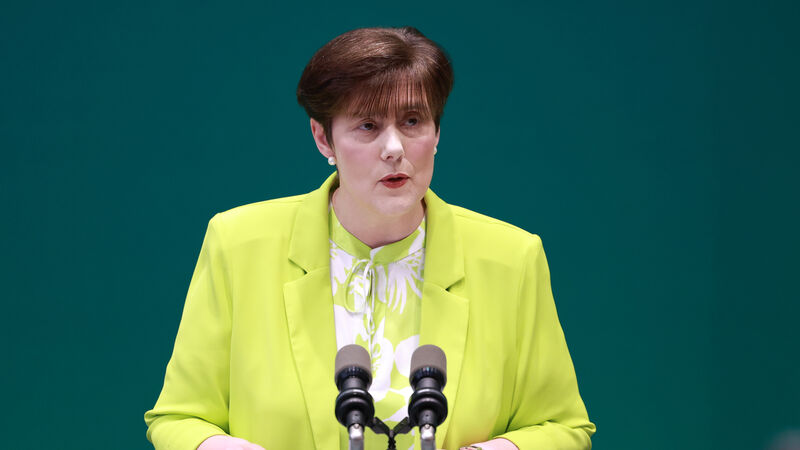Irish Examiner view: Failure to act will lead to more failures

Minister for children Norma Foley said she had asked inquiry chairwoman Marjorie Farrelly, as a mark of respect, to inform the families involved in the investigation that the report was imminent.













